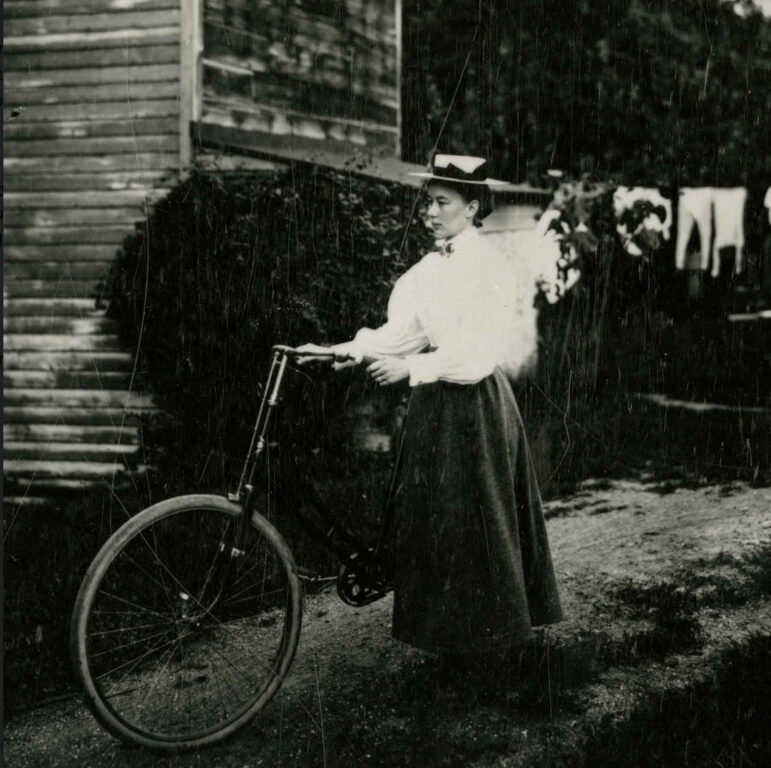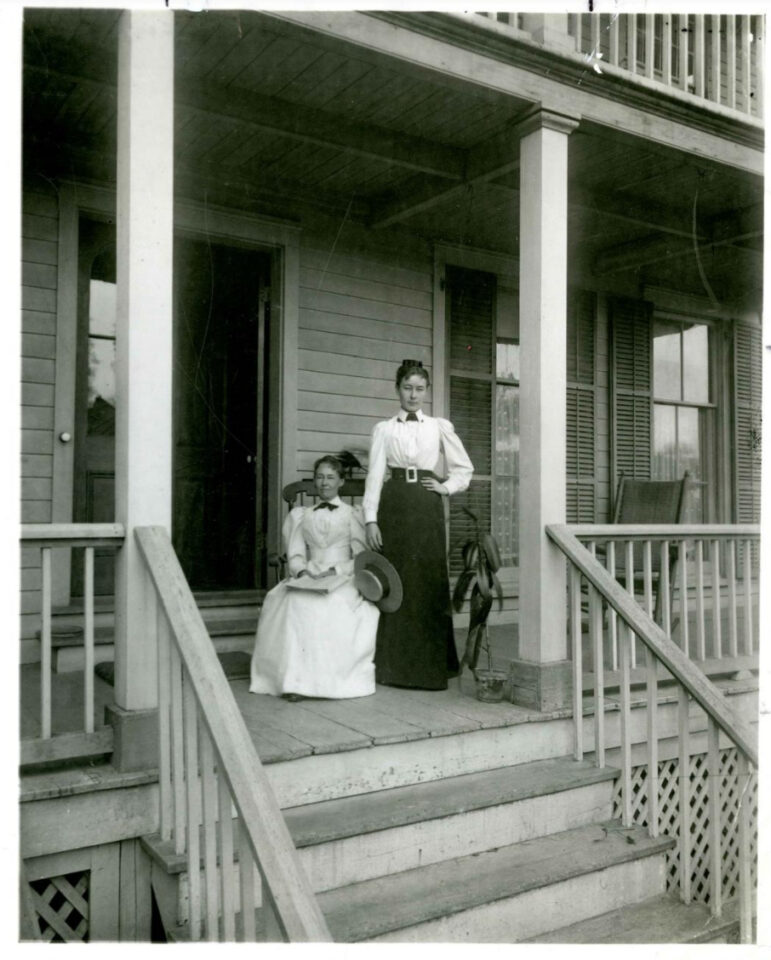In commemoration of Women’s History Month, the Greenwich Historical Society will offer two special guided tours of Bush-Holly House to acknowledge the immense contributions of five women who were associated with the home, and who made an indelible imprint on Greenwich’s history.

Since 1995, presidents have issued a series of annual proclamations designating the month of March as “Women’s History Month.” These proclamations celebrate the contributions women have made to the United States and recognize specific achievements over the course of American history in a variety of fields.
“It has always been our goal to ensure visitors to the Bush-Holley House gain an appreciation for the legacies that women like Sarah Bush and Josephine and Emma Constant Holley have left behind,” said Maggie Dimock, Greenwich Historical Society Curator of Exhibitions and Collections. “These in-depth tours will offer a chance to deepen and complicate those stories – incorporating, for example, the narratives of enslaved people, whose forced labor sustained and bolstered the Bush household. Where the Holley women were concerned, this focus tour will provide a broader view of the personal and civic lives of three generations of Holley women, whose work and dedication enabled the flowering of the nation’s first American Impressionist art colony.”

The Holley Women and the Cos Cob Art Colony
March 12, 12:00pm – 1:00pm
Josephine Holley and her daughter Constant Holley MacRae were resourceful and entrepreneurial women who ran a bustling boardinghouse, while pursuing their own personal, civic and artistic pursuits.
Under their capable management the Bush-Holley House became a haven for artists, writers and other cultural luminaries, forming the kernel of what today is known as the Cos Cob art colony.
In this guided tour, Historical Society Assistant Curator of Interpretation and Collections Kelsie Dalton will detail events and elements of the Holley women’s lives in the Progressive Era, including their business dealings, political participation, and artistic pursuits, and examine what life and motherhood was like for women in Cos Cob in the early 20th-century.
Cost is $15 for members; $20 for non-members. Space is limited. For more information and to register: The Holley Women and the Cos Cob Art Colony.
Womanhood and Enslaved Narratives in the Bush Family Household
March 26, 12:00pm – 1:00pm
As enslaved servants, three women named Patience, Candice and Hester kept the large, wealthy household of David and Sarah Bush running during the decades following the American Revolution. The Bushes were the leading enslavers in Greenwich in the late eighteenth and early nineteenth centuries, with some 15 enslaved people residing in the Bush-Holley House at various times. While supporting the Bushes and their businesses, Patience, Candice and Hester also raised their own families, looking ahead to a future rooted in freedom.
Participants in this guided tour led by Manager of Youth and Family Programs Heather Lodge will explore the spaces where these women lived and worked, and learn about their stories of motherhood, resilience and the bonds that tie. Cost is $15 for members; $20 for non-members. Space is limited.
For more information and to register: Womenhood and Enslaved Narratives in the Bush Family Household.
Women’s History Month had its origins as a national celebration in 1981 when Congress passed Pub. L. 97-28 which authorized and requested the President to proclaim the week beginning March 7, 1982 as “Women’s History Week.” Throughout the next five years, Congress continued to pass joint resolutions designating a week in March as “Women’s History Week.” In 1987 after being petitioned by the National Women’s History Project, Congress passed Pub. L. 100-9 which designated the month of March 1987 as “Women’s History Month.”
Between 1988 and 1994, Congress passed additional resolutions requesting and authorizing the President to proclaim March of each year as Women’s History Month. Since 1995, presidents have issued a series of annual proclamations designating the month of March as “Women’s History Month.” These proclamations celebrate the contributions women have made to the United States and recognize the specific achievements women have made over the course of American history in a variety of fields.